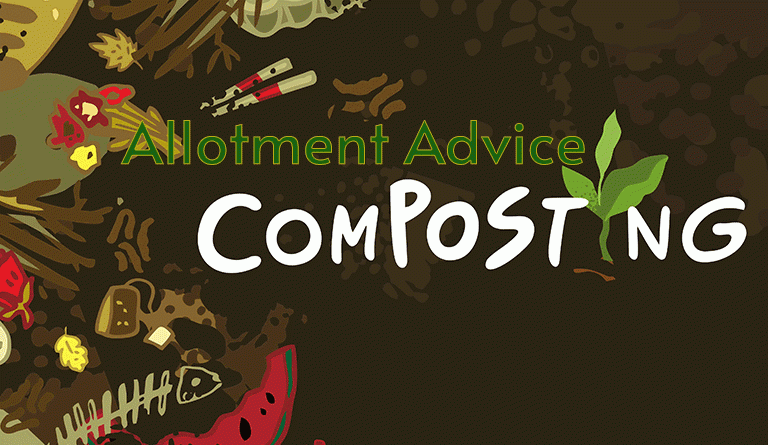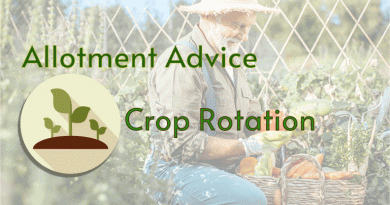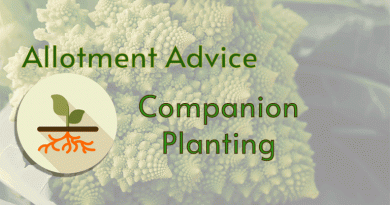Allotment Advice – Composting and Making your own
Compost is the most important supplement to add to your allotment, adding nutrients to your crops. And it’s easy to make, free, and good for the environment diverting about 30% of your kitchen waste to your compost pile/bin. A compost bin is easy to maintain and fairly cheap, with The Range selling a good 220-litre compost bin for £22.99 and only £3.95 postage, a range of bins available at Amazon, or you can create your own compost open heap.
Where to Compost?
You don’t want your compost in an area that is exposed to extreme temperatures and/or moisture or the microorganisms that convert the waste to compost will struggle to do their job. A shaded area or partially shaded area is best.
A base of natural earth (as in no floor or “bottom” to your compost bin/pile so your compost sits on the ground) is best and will allow worms and other good organisms to aerate the compost.
What to Add first?
A layer of twigs and/or straw to help aerate the compost.
What to Add?
You want to aim for 30 – 50% green waste in your compost, so your vegetable kitchen waste, used teabags, grass cuttings, annual weed cuttings and manure. The rest of your compost should be brown materials, so paper, cardboard, dead leaves, sawdust, plant prunings and wood chippings. Too much of one of these could cause the balance to be off and have unwanted results, like a pile of green sludge if you use too much grass and weed cuttings.
Try to add your items in layers as well, alternating between dry and wet materials.
Maintaining
Keep your compost moist, letting rain keep it moist or watering it occasionally. If your compost is an open heap, keep it covered with a sheet of plastic or wood which helps keep the moisture and heat inside, essential for your compost.
Turn your compost heap about once a month or if it becomes compacted or too wet to help aerate the pile. If you have a compost bin, you should still be able to give it a gentle stir if it becomes compacted.
As items break down, the smell can be a problem. To eliminate this, remember not to put meat or bones into your compost bin/pile. When you do add items to your compost, add a layer of green waste like grass clippings which will help mask the odour. Lime can also help with the smell, as can calcium. A lack of carbon-rich items in your compost like straw and dry leaves can leave your compost smelling like ammonia, so if this happens try to source some dry leaves and/or straw.
If your compost isn’t breaking down then usually that’s because you have too much brown material inside and not enough moisture so add some moisture-rich materials like grass clippings or you can buy compost activators from shops like Wilkos.
Some Online Help:
Some Compost Videos
Recycle Now Wales Compost for Beginners
Nelson Council Compost for Beginners
Compost Mistakes to Look Out For
5 Minute Compost Bin






